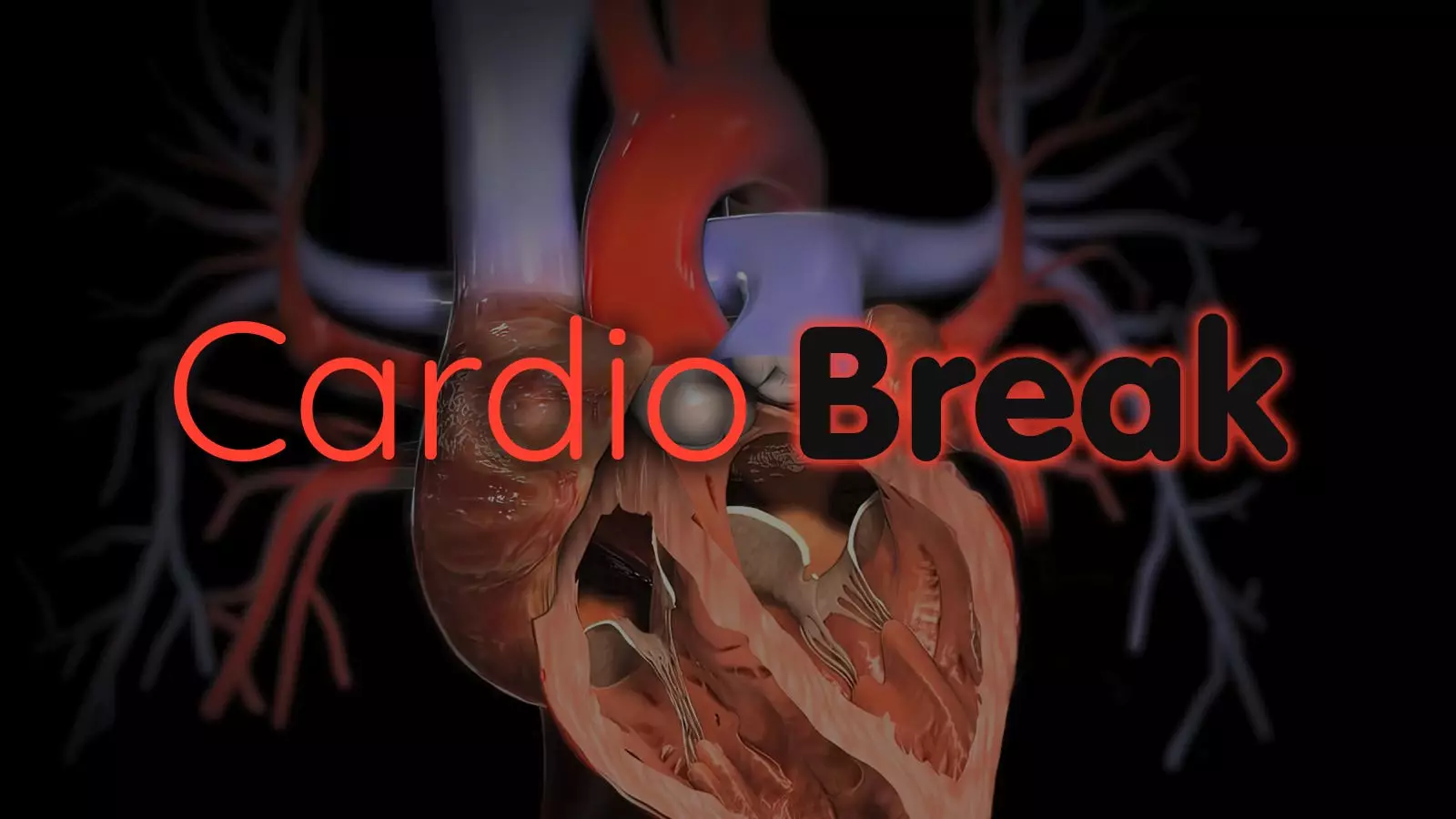A Mendelian randomization study has recently challenged the longstanding belief that red and processed meats can directly cause cardiovascular disease and type 2 diabetes. This study, published in the European Journal of Preventive Cardiology, provides a fresh perspective on the impact of dietary choices on heart health.
The American Heart Association has shown its backing for the HEARTS Act, which aims to enhance cardiac care across the nation. This initiative recently received a unanimous vote to move forward from the House Energy and Commerce Committee, showcasing a united effort to prioritize heart health at a legislative level.
In a study published in Circulation: Cardiovascular Quality and Outcomes, drone-delivered automated external defibrillators (AEDs) demonstrated potential in improving response times during cardiac emergencies. Although volunteers exhibited a low chest compression fraction, the use of drones in delivering vital medical equipment shows promise for enhancing emergency care.
The validation of Optical coherence tomography (OCT)-derived virtual flow reserve in predicting invasive fractional flow reserve (FFR) for coronary artery stenoses presents a significant advancement in non-invasive cardiac imaging. This breakthrough, detailed in Circulation: Cardiovascular Interventions, holds promise for improving diagnostic accuracy in cardiovascular disease.
Recent findings published in JAMA Cardiology suggest that a strategy involving a short duration of dual antiplatelet therapy followed by ticagrelor (Brilinta) monotherapy post-percutaneous coronary intervention may offer superior outcomes compared to clopidogrel (Plavix) monotherapy. This research sheds light on optimal post-PCI medication regimens.
Amid the ongoing COVID-19 pandemic, emerging research published in Circulation highlights the potential for cardiac inflammation in patients with viral acute respiratory distress syndrome, even in the absence of direct heart tissue infection. This underscores the intricate relationship between respiratory illnesses and cardiovascular health.
Studies highlighted by the American Society of Biochemistry and Molecular Biology suggest that the negative effects of prolonged physical inactivity on lipid profiles may vary by age. Understanding these age-dependent consequences is crucial for developing tailored interventions to mitigate the cardiovascular risks associated with sedentary lifestyles.
The integration of artificial intelligence in interpreting cardiac imaging, as showcased in the European Heart Journal, represents a significant leap in detecting structural abnormalities indicative of heart failure from chest x-rays alone. This cutting-edge technology holds promise for enhancing diagnostic efficiency in cardiology.
Notable public figure Arnold Schwarzenegger recently underwent pacemaker implant surgery following an arrhythmia developed post-heart valve surgery. His experience highlights the importance of timely interventions for cardiac conditions, even for individuals with a history of heart surgeries.
The latest trends and research in cardiovascular health underscore the dynamic nature of cardiology and the continuous pursuit of advancements to enhance patient care. From reevaluating dietary impacts on heart health to leveraging technological innovations for diagnostic accuracy, these developments pave the way for a healthier future in cardiovascular medicine.

Leave a Reply